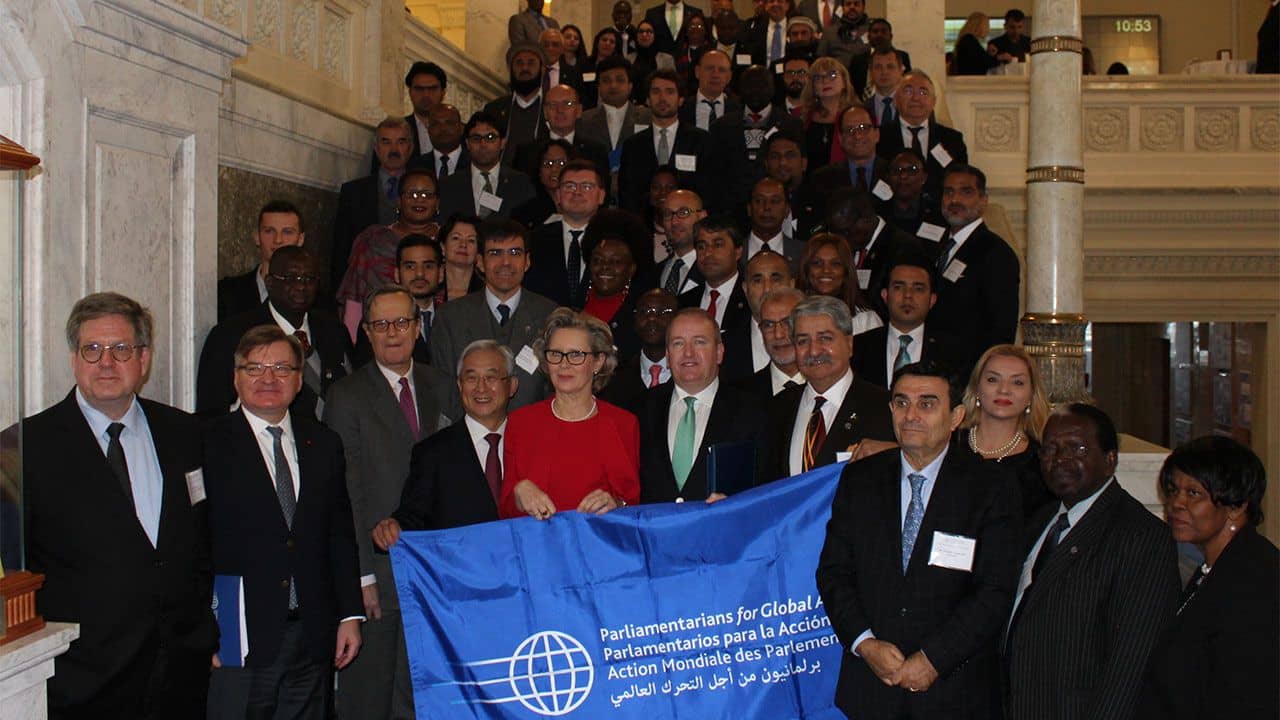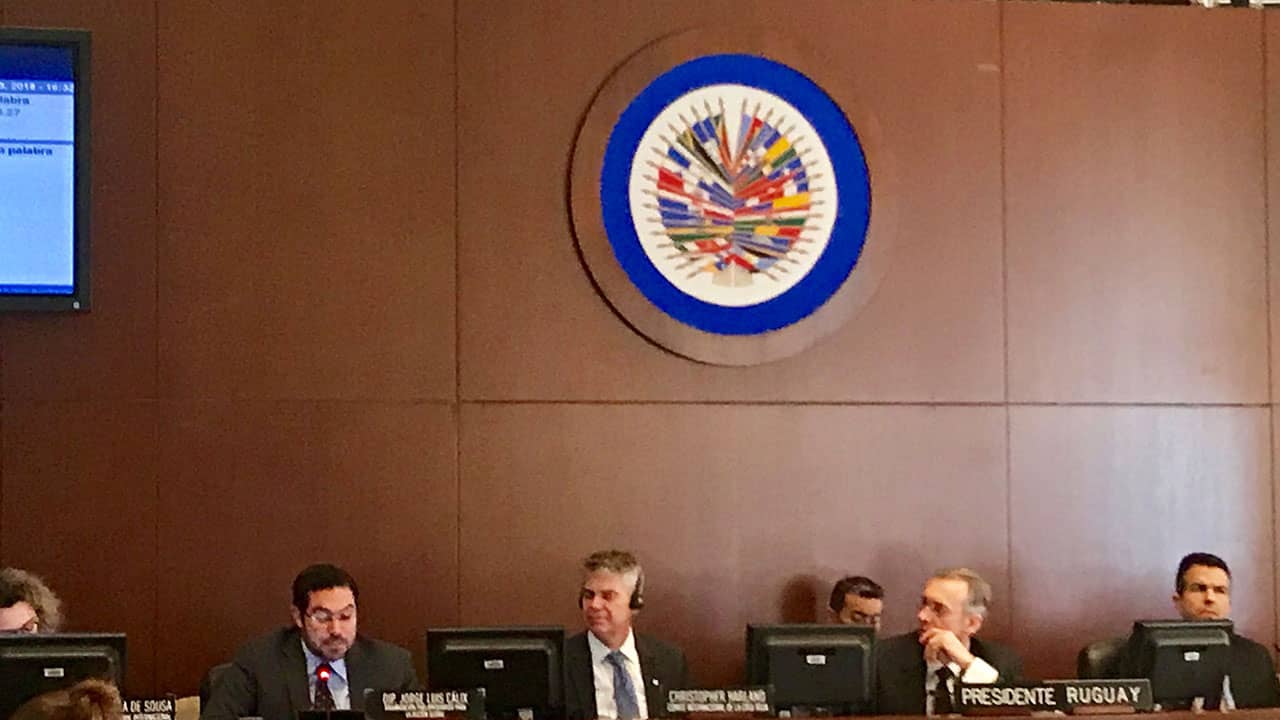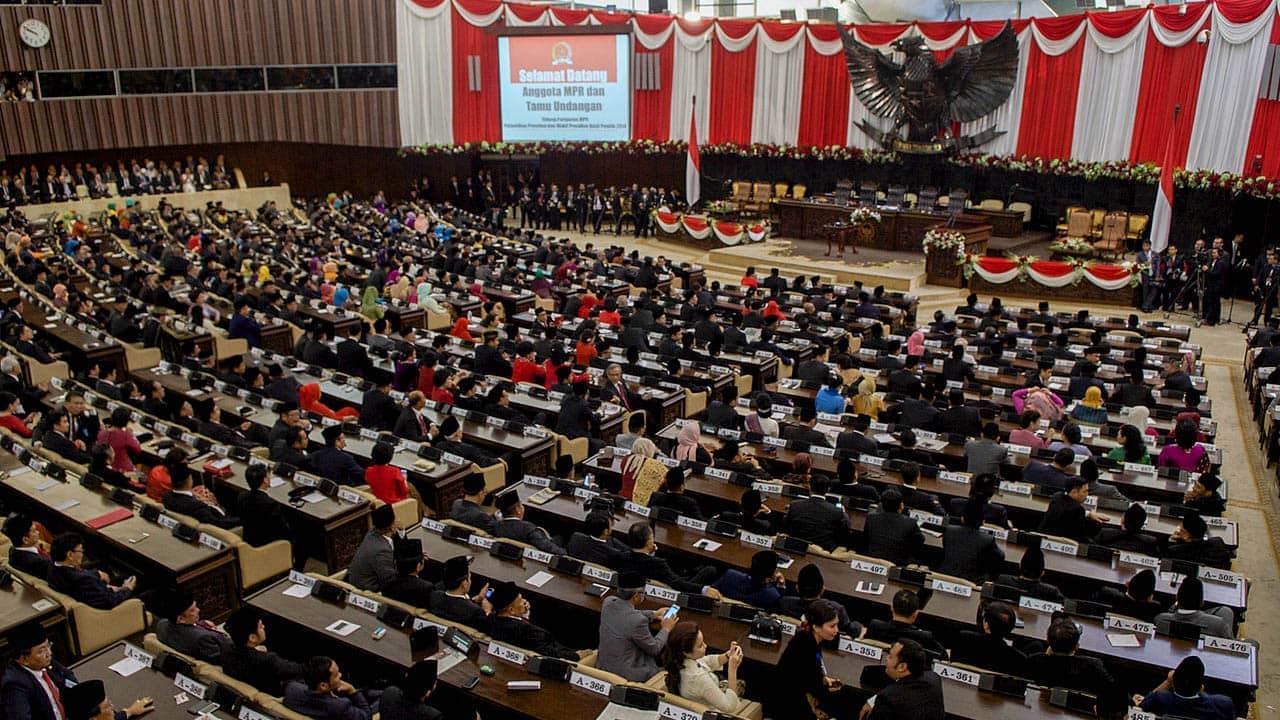On December 18, 1998, Canada was the 14th country to sign the Rome Statute of the ICC.
On June 29, 2000, Canada enacted the Crimes Against Humanity and War Crimes Act, becoming the first country in the world to adopt comprehensive legislation implementing the Rome Statute.
On July 7, 2000, Canada ratified the Rome Statute.
Former Minister of Foreign Affairs Lloyd Axworthy deposited Canada's instrument of ratification at United Nations Headquarters in New York with Under-Secretary General for Legal Affairs, Hans Corell.








